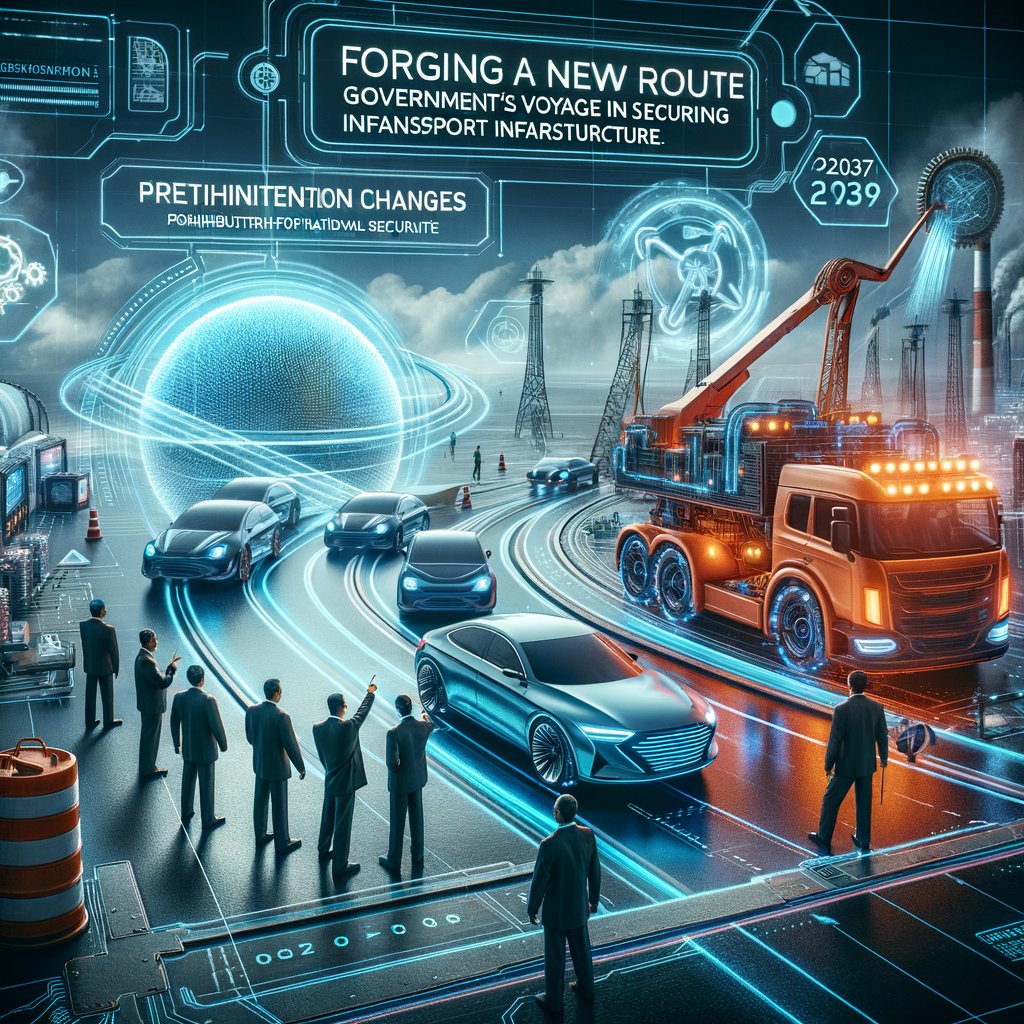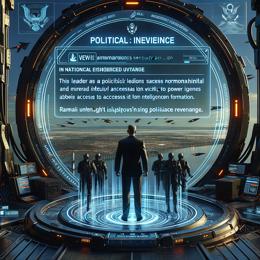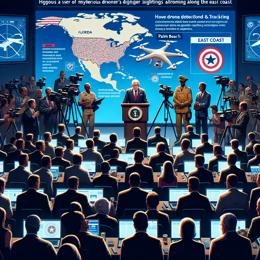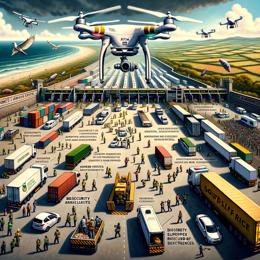Image created by AI
US to Impose Restrictions on Chinese Tech in Connected Vehicles Amid Security Fears
The United States government has unveiled a striking new proposal that would significantly curb the utilization of Chinese technology in the nation's connected vehicles. The planned regulation, proposed by the Department of Commerce, aims to prohibit critical Chinese software and hardware on American roads, intensifying the discourse on national security concerns surrounding the country's transport infrastructure.
This ambitious proposal is set to reshape the American automotive landscape, where virtually all modern vehicles are now "connected" through onboard hardware that allows for internet access. Under the regulation, these vehicles would be unable to use Chinese tech, underscoring fears of surveillance and potential sabotage.
The prohibition is articulated in two phases: by the 2027 model year for software, then three years later in 2030 for hardware. Outlining the threats of foreign manipulation of connected cars, the Biden administration stresses the need for this crackdown, citing risks that stretch from individual privacy breaches to large-scale traffic disruptions.
While agricultural, mining vehicles, drones, and trains are exempt, all on-road vehicles are within the scope of the new rule. The Commerce Department is soliciting public feedback over the next month, with ambitions to finalize the regulation by January 20.
Commerce Secretary Gina Raimondo emphasized the preemptive nature of the measure, aiming to curb reliance on Chinese technology before it becomes ingrained in the US automotive supply chain. The policy also accommodates for specific authorizations, potentially allowing Chinese automakers a glimmer of hope for exemptions.
Following the White House's probe into data collection by connected vehicles, US National Security Adviser Jake Sullivan underscored the evidence of China's capability to embed malicious software within critical American systems. The regulation emerges amid a broader strategy of increased tariffs on Chinese imports, including a concentration on electric vehicles and related components.
The reaction from China is stern, with spokesperson Lin Jian demanding a fair business environment for Chinese companies and vowing to protect China's legitimate rights. Meanwhile, the auto industry, represented by the Alliance for Automotive Innovation, has expressed concerns about the transition timelines, mentioning that alterations in the supply chain to comply with the new rules could necessitate more time.
In conclusion, as the US seeks to foster an insular approach to national security within the field of connected vehicles, there looms a potential overhaul not just in market dynamics, but also in the essential relationships between the United States and key international players in technology and automotive production.










